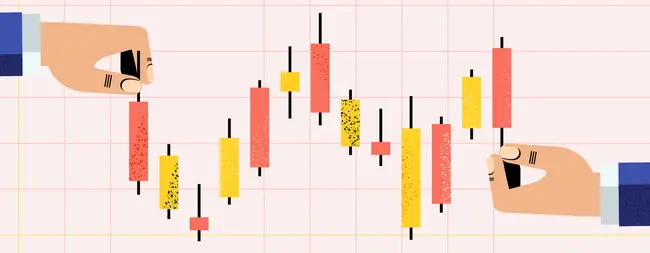
The Psychology of Scams
Whenever we hear about someone falling for a scam and losing a lot of money in the process, the most common thing we tend to think is “I would never fall for that”. And it’s a logical first response. When we hear about something like that after the fact, it seems so obvious to us that it was a scam.
However, what we fail to take into account is the psychology behind these scams. The truth is that the intricate relationship between scammers and their victims is a battleground of emotions and vulnerabilities. These con masters are trained manipulators and know how to pull at the heartstrings of their targets. And if you’re not careful, you might fall for it too.
Emotional Heartstrings
Every scammer in the world sees their victims as playthings and their emotions as their biggest vulnerabilities. And there are so many emotions they can play like an instrument.
- They try to evoke fear and panic with threats of legal action, financial ruin, or harm to loved ones.
- They play upon human greed with promises of exclusive opportunities and luxurious lifestyles.
- They offer hope with stories of miraculous cures, second chances, and the promise of fulfilling their deepest desires.
- They exploit loneliness by offering friendship and even romantic partnerships.
Scammers understand the depth and complexity of human emotions more than almost anyone else in this world, and they use this knowledge to get whatever they want. Of course, this is just the tip of the iceberg, because all of these emotions can be nothing more than a jumping point, a basis that allows them to build the groundwork and implement their devious manipulation tactics.
Persuasive Tactics
Emotions are the most powerful tool in a trickster’s toolbox. When someone understands how emotions work, they know how to manipulate them and create persuasive tactics that unfortunately work most of the time.
One of the most common things scammers rely on is our sense of trust. On a deep level, humans are trustworthy beings, it’s what helps us build meaningful relationships and coexist in harmony. More often than not, we will assume someone is telling us the truth, especially if we hear the same thing day in and out. And when scammers gain our trust, they’re unstoppable.
Once they have that trust, they already have one foot in the door. Then they will use that trust along with everything they know about you to find the right persuasive tactic. The hook that will cause their victim to throw caution at the wind and do whatever is asked of them.
Establishing Authority
Imagine you’re approached by someone who is impersonating a person in a position of authority. It might be a tax auditor, a government official, a senior manager from your company, or maybe a police officer – the opportunities are endless.
We tend to trust people in positions of authority more and without too much thought. If someone with apparent authority asks their victim to share personal information or maybe give them access to their financial account, they will likely get what they’re after.
Creating greed
Even though we would like to believe we’re all above greed, sometimes it’s impossible not to get sucked into promises of great wealth and financial stability. There is a certain appeal in thinking you’re going to get a large sum of money, especially if you’re struggling financially.
Scammers are always on the hunt for people who are most likely to fall for a scam that promises instant wealth and then trick them into believing they will get the money they desire. They know very well how to get under an individual’s skin and exploit their desire for a quick and easy profit.
Scammers offer high rewards and immense financial gain in exchange for their victims’ financial and/or personal information. This sense of greed can cloud someone’s judgment, allow them to ignore some glaring warning signs, and become easy targets for fake investment, lottery, or payment app scams.
Taking Advantage of Empathy and Sympathy
Empathy and sympathy are both very human emotions. Understanding and sharing someone’s emotions and feeling bad for them when they’re going through a hard time is something most of us can relate to. And scammers know well how to take advantage of human empathy and sympathy.
Most of the time, they evoke these feelings in the form of fake charity scams and fraudulent crowdfunding campaigns. They pair this with photos of supposed sick or impoverished people, those who are going through a hard time and desperately need money.
Unfortunately, people who fall for these types of scams, the ones that pray on people’s goodness and empathy, are only sending money directly to con men and aren’t helping anyone in need.
Preying on Loneliness
Yet another very common human trait is wanting to connect with other people. We all crave love, friendship, and the feeling of being important to someone else. Loneliness is a hard emotion to deal with, and people who are generally lonely are easy prey to scammers.
Con artists know how to prey on those who are feeling isolated and don’t enjoy a lot of social connection, and find ways to exploit them.
They might make fake social media profiles, try to connect, and establish a friendship or a romantic relationship. When the time is right and the trust is established, the scammers start asking the victim to send money and get as much out of them as they can.
Final Thoughts
Scamming isn’t as straightforward as tricking unsuspecting victims out of their money. There are various psychological tricks scammers use to get a victim to trust them and this can be a long process.
There have been countless cases of people who have fallen for a scam just because they let their guard down and let their emotions get the best of them. This is why it’s important to stay vigilant and understand the psychology of scams.














